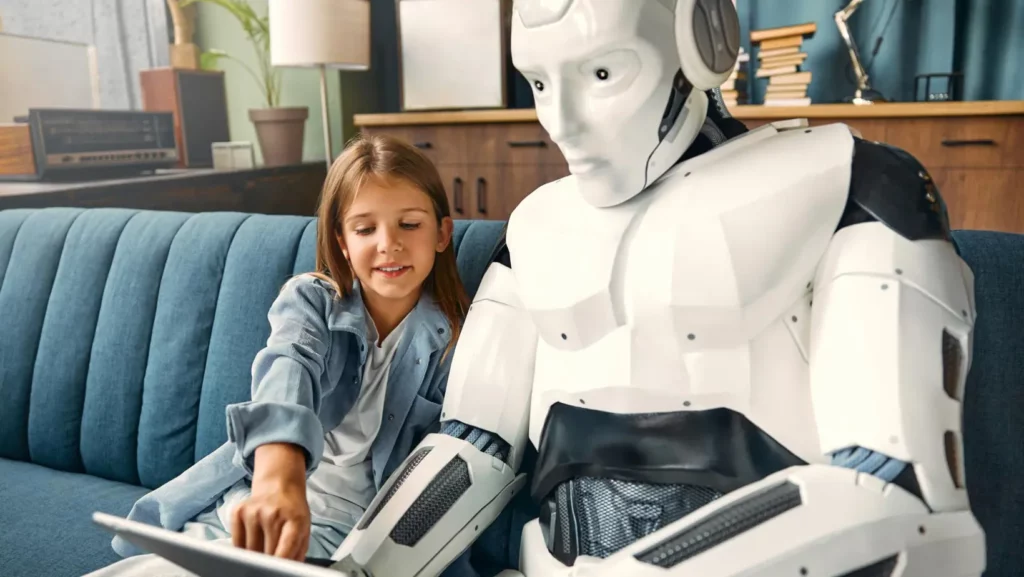As we approach 2025, researchers and sociologists are focusing on Generation Beta, the newest demographic group, born between 2025 and 2039, these kids are set to become the most technologically savvy generation in history and will follow Generation Alpha in the generational timeline.
Generation Beta: A Digital-First Generation
Prominent sociological researcher Mark McCrindle predicts that by 2035, Generation Beta will account for about 16% of the world’s population. These “Beta Babies” will be born into a world where driverless cars, artificial intelligence, and immersive digital experiences are not merely cutting-edge technologies but essential components of everyday life, in contrast to their ancestors.
“This generation will likely witness the dawn of the 22nd century,”
notes McCrindle in his recent analysis.
“Their relationship with technology will be unprecedented, as they’ll be the first generation to experience fully integrated AI systems from birth.”
Generation Beta: Defining Characteristics
According to early indicators, Generation Beta will be extremely tech-savvy, possessing an intuitive understanding of digital tools that previous generations had to learn adaptively. Their education will likely be highly personalised, utilising adaptive technologies to create unique learning experiences for each child. Additionally, they are expected to develop distinct traits shaped by their unique technological and social environment.
The generation’s social consciousness is anticipated to be particularly acute, having inherited a world grappling with climate change and social inequality. This awareness, combined with their technological fluency, may position them as powerful advocates for global change.

Generation Beta: Mental Health and Well-being Focus
The way that Generation Beta views mental and emotional health is one significant change that is anticipated. Given that Gen Z and millennial parents place a high value on wellbeing, Beta children are likely to grow up in a setting where talking about mental health issues is accepted and encouraged by cutting-edge medical technology.
Generation Beta: Navigating Future Challenges
Notwithstanding their benefits, Generation Beta has a lot of obstacles to overcome. Their lifespan will probably be defined by the effects of climate change, necessitating creative solutions and ongoing environmental dedication. Additional challenges will come from the quickening rate of urbanization and possible resource shortage.
Future demographics researcher Dr. Sarah Chen of Stanford University says,
“The key challenge for Generation Beta won’t be accessing technology it will be maintaining genuine human connections in an increasingly digital world.”
Generation Beta: Economic and Social Implications
It’s unclear what kind of economy Generation Beta will face. Technology development may open up new career paths, but it may also upend established job structures. Their capacity to grasp new technology and adjust to quickly changing employment markets may determine how successful they are.
Generation Beta: Looking Ahead
It is obvious that Generation Beta will encounter both previously unheard-of opportunities and difficulties as we approach the dawn of this new generational era. They may be particularly well-suited to handle the intricate global difficulties they inherit because of their potential for technological innovation as well as their anticipated emphasis on sustainability and social conscience.
While it’s too early to fully predict the impact of Generation Beta, their arrival marks a significant milestone in human development the emergence of a generation that will bridge the mid-21st century and potentially shape the dawn of the 22nd.





